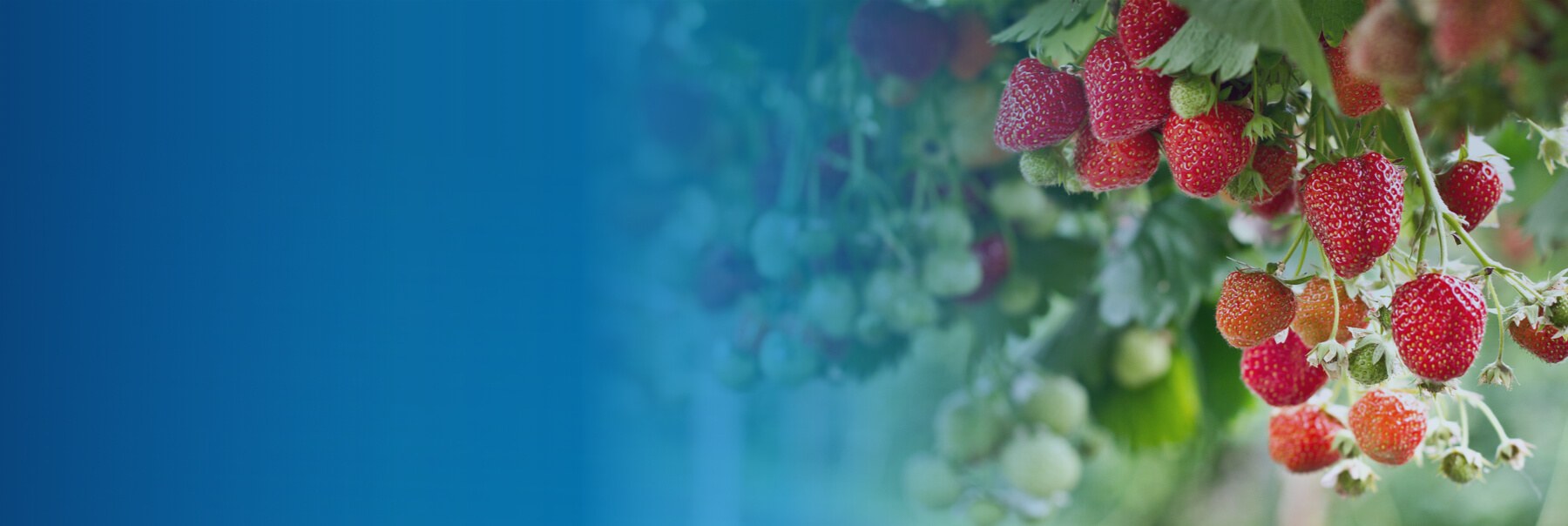Jake Norman is Head of Sales at OAL (Olympus Automation Ltd.) a food tech based in Peterborough. The family business is well known for its OAL Connected (Autocoding) system that protects over 1,200 food packaging lines from label and date code errors with local customers including Bakkavor, Ichiban and Pioneer Foods. Over the last five years, they have developed APRIL Robotics - think robots weighing out ingredients and powders to a recipe and making sauces with no human intervention.
One business success
- Working remotely: we’ve always provided 24/7 support to our food customers but COVID has made this more important than ever. Last year we helped keep critical food production lines running in the UK and Ireland and remotely commissioned a robot cell in the Netherlands. We also built 14 state-of-the-art pods during the pandemic at our offices in Peterborough, to keep our engineers can keep safe too!
Two challenges for the sector
- Paperwork: lots of businesses have made great gains in removing paperwork but we still do see it when walking around food manufacturing sites. Data is too valuable to be left on paper! Can you remove more paperwork from your business?
- Risk aversion: the food industry has faced unprecedented demands which have been great for business and naturally led to operations focusing on the here and now. At a time of great uncertainty, a major challenge will be overcoming the fears of investment to reap the rewards of automation and digitisation. Risk aversion in particular is often cited as a characteristic of the food industry but the high demands we’ve seen over the last 12 months should give businesses the confidence to invest.
Three forecasts for the sector
- Robots: to date, all our robotics sales have been to mainland Europe and the USA. I’m confident this will change over the next year as UK companies see the paybacks generated by European manufacturers.
- More AI: once you capture data and images digitally you can use it to add value at a relatively low marginal cost. Our APRIL Eye technology uses AI to read and verify date codes to check they are correct, legible and present. It is much more reliable and flexible than traditional OCR because it’s been trained using databases of millions of date code images. We’ll see more and more of these types of applications.
- Maintenance: whilst we would love to see large capex spends on big projects, there will be a key focus on maintenance as budgets tighten and sites continue to need to become more self-sufficient. We do annual audits and training to help customers get the most of our systems and can see demand increasing, especially for remote training.
January 2021
